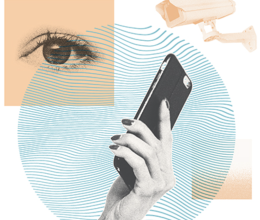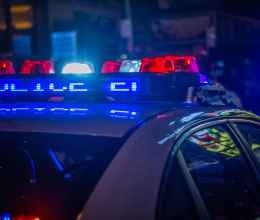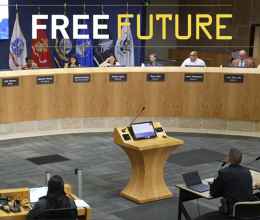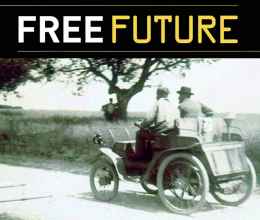Today, a federal judge ruled that the New York Police Department’s stop-and-frisk practices are unconstitutional. The ACLU’s affiliate in New York has been on top of this issue for years, and the data they’ve compiled clearly shows that this is not just a minor problem. Innocent New Yorkers have been subjected to police stops and street interrogations more than 4 million times since 2002, and nearly nine out of 10 who were stopped-and-frisked were completely innocent.
While the NYPD may be particularly overzealous in their attempts to conduct these frisks, police all across the nation use these stops frequently, and have been doing so for decades. The theory behind stop-and-frisk is that if a police officer has reasonable suspicion that a person might be armed and dangerous, she is allowed to briefly frisk the suspect to determine if they are in fact armed. Although this standard of proof falls well below probable cause, the Supreme Court ruled the practice to be acceptable in 1968 in the landmark case of Terry vs. Ohio. (If you’ve ever heard a stop-and-frisk referred to as a “Terry stop,” that is why.)
ACLU cooperating attorneys represented Terry in that famous case, arguing that the Fourth Amendment protected him against being frisked without probable cause, and we also filed an amicus brief with the Supreme Court. As we’ve been repeatedly saying ever since – and as today’s ruling clearly states – the reality of these stops goes far beyond what should be acceptable under the Fourth Amendment.
In addition to the obvious privacy implications, there is also a racial justice component to all of this. As the judge repeatedly mentioned in today’s ruling, stop-and-frisks overwhelmingly target minorities. In New York last year, 55 percent of those stopped were black, 32 percent were Latino, and just 10 percent were white. Needless to say, whites make up a lot more than 10 percent of New York’s population.
Today’s ruling is an important step forward, especially for our friends in New York. The court has put in robust remedies that we hope will mark an end to the NYPD’s abusive use of the practice. However, we shouldn’t think of this as a problem that just exists in New York. Anytime law enforcement is able to search you – even if it’s just a pat-down – your privacy has been reduced. While we recognize that law enforcement officers have a difficult job and must be protected on the streets, we don’t think that should lead to a free pass to conduct searches with little to no evidence.








